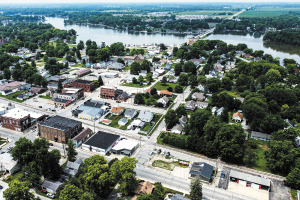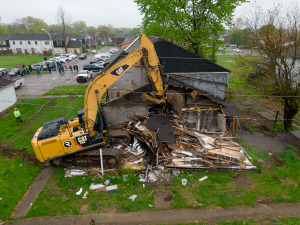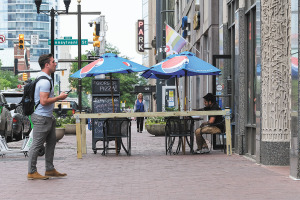
Feds want more teeth to fight fake online reviews
The Federal Trade Commission has proposed a rule that would give it authority to fine businesses that write, buy or sell fake reviews, provide compensation for positive or negative reviews, or sell fake social media followers.













